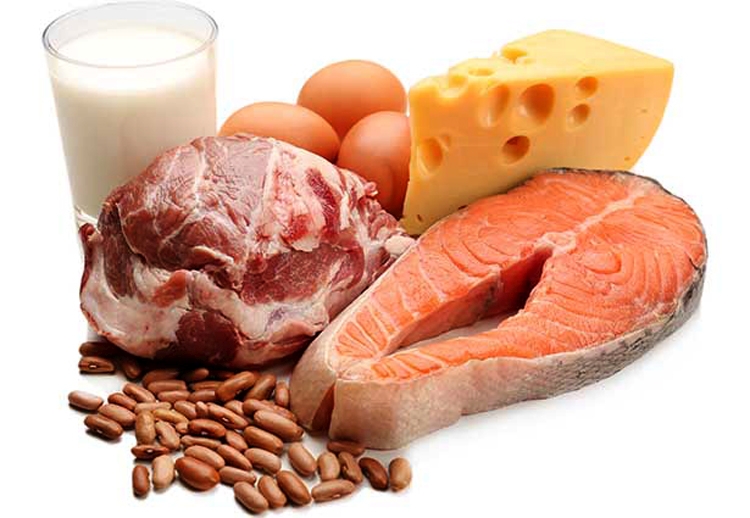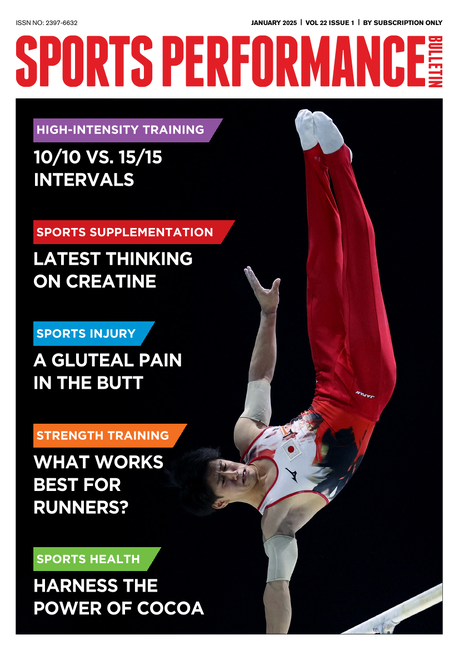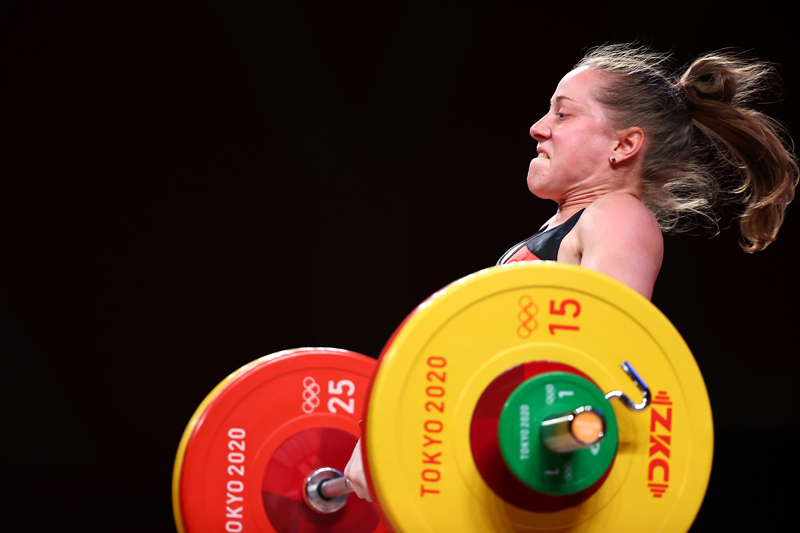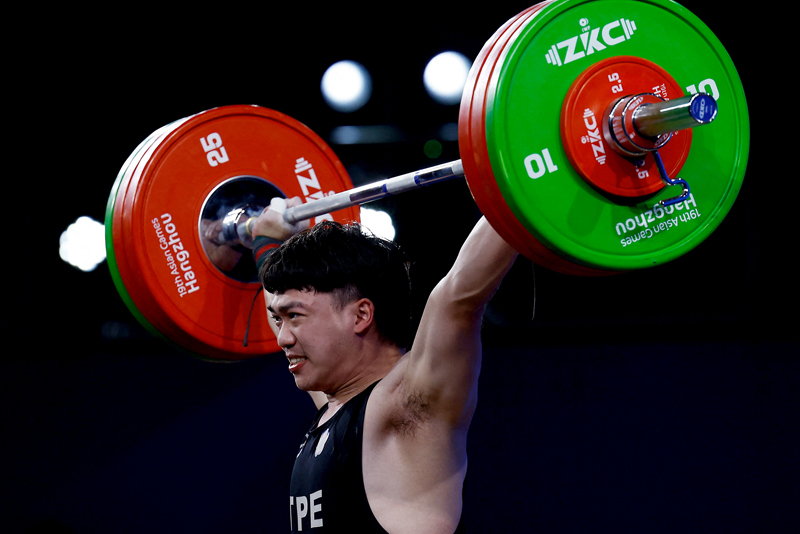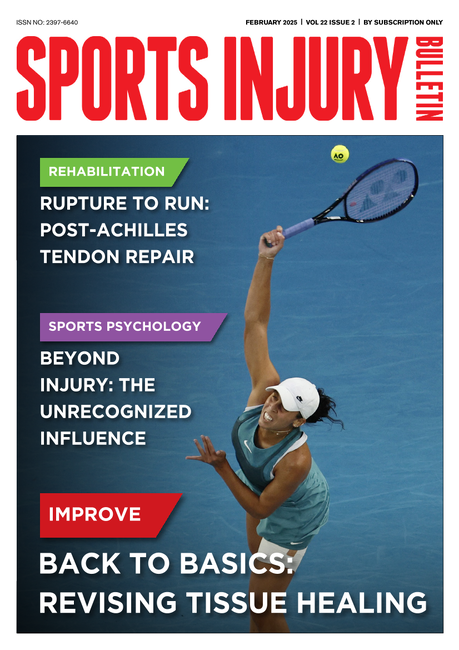You are viewing 1 of your 1 free articles. For unlimited access take a risk-free trial
'Eggsperts' and the truth about your diet

A friend of mine once jokingly said “An expert is someone who learns more and more about less and less, until eventually, they know everything there is to know about nothing!” But while said in jest, there’s more than a bit of truth to that statement. For example, just last week, a new study by Aussie researchers demonstrated that eating up to 12 eggs per week for a year does NOT increase cardiovascular risk factors in people with pre-diabetes and type 2 diabetes – people who are usually considered at very high risk of developing heart disease(1).
In this research, participants aimed to maintain their weight while embarking on a high-egg (12 eggs per week) or low-egg (less than two eggs per week) diet. The results showed that after three months, there were absolutely no differences in terms of cardiovascular disease risk between the high-egg or low-egg groups. Moreover, when the study was extended out to six months and then out to a year, there were still no differences in risk. At all stages, both groups showed no adverse changes in cardiovascular risk markers and achieved equivalent weight loss -- regardless of their level of egg consumption. The researchers concluded: "Despite differing advice around safe levels of egg consumption for people with pre-diabetes and type 2 diabetes, our research indicates people do not need to hold back from eating eggs if this is part of a healthy diet.” – ie entirely at odds with decades of previous advice on egg consumption.
A fat lot of good
This is not the first time experts have done a full 180 when making recommendations on diet and health. In 2016, we also learnt that ‘expert advice’ designed to keep us healthy may have actually been killing us when a report by the National Obesity Forum published in May of that year basically turned four decades of nutritional advice on its head. Dr Aseem Malhotra, a senior adviser to the National Obesity Forum, said: "The change in dietary advice to promote low fat foods is perhaps the biggest mistake in modern medical history. We must urgently change the message to the public to reverse obesity and type-2 diabetes. Eat fat to get slim, don't fear fat, fat is your friend."This report was based on the growing weight of evidence suggesting that refined carbohydrates and sugar are the real enemies of health – not fat. Seven months later, another nail was hammered into the coffin of the ‘fat is unhealthy’ mantra when a study on dietary fat and obesity was published(1). Thirty eight men with abdominal obesity (abdominal obesity is particularly associated with heart disease) followed two types of diets:
- High in carbohydrates (53 % of total energy - in line with typical official recommendations for health.
- High fat diet (71 % of total energy - of which about half was saturated fat). Importantly however, this fat was not from processed foods, but from foods such as butter, cream, full-fat milk, cheese and cold-pressed oils.
The researchers found that the very high intake of total and saturated fat of the high-fat diet didn’t increase the risk of cardiovascular disease; in fact in some respects, it lowered it. Fascinatingly, the men eating the very-high-fat diet had substantial improvements in several important measures of cardiovascular health, abdominal fat storage, blood pressure, blood fats, insulin and blood sugar – improvements NOT observed in the high-carbohydrate diet group. The researchers concluded by stating: “The alleged health risks of eating good-quality fats have been greatly exaggerated. It may be more important for public health to encourage reductions in processed flour-based products, highly processed fats and foods with added sugar."
Fat and athletes
What does this mean for your health and for your diet as an athlete? Well, as we have pointed out in other articles on this topic, a high-fat diet is not really recommended for athletes. Not for any health reasons but simply because consuming lots of fat calories will inevitably displace carbohydrate calories from your diet – carbohydrate that you need to fuel your training and competition. Unlike someone who is inactive and struggling with obesity, your muscles are regularly being depleted of stored 5-star fuel (glycogen made from carbohydrate), and will need topping up regularly with carbs from the diet.But what it does mean is that providing your carbohydrate needs for training are fulfilled, there’s no need to avoid unprocessed fat or eggs - far from it. If you enjoy a bit of steak with your potatoes, buttered toast with your omelette, cheese and butter on your toast, or cream on your fruit salad, then fill your boots because it’s not going to harm your health. . Just don’t tell the experts!
Andrew Hamilton, Sports Performance Bulletin editor
1. American Journal of Clinical Nutrition, 2018; DOI: 10.1093/ajcn/nqy048
2. American Journal of Clinical Nutrition, Volume 105, Issue 1, 1 January 2017, Pages 85–99
Learn more about high-fat diets and endurance performance:
Newsletter Sign Up
Testimonials
Dr. Alexandra Fandetti-Robin, Back & Body Chiropractic
Elspeth Cowell MSCh DpodM SRCh HCPC reg
William Hunter, Nuffield Health
Further reading
Newsletter Sign Up
Coaches Testimonials
Dr. Alexandra Fandetti-Robin, Back & Body Chiropractic
Elspeth Cowell MSCh DpodM SRCh HCPC reg
William Hunter, Nuffield Health
Keep up with latest sports science research and apply it to maximize performance
Today you have the chance to join a group of athletes, and sports coaches/trainers who all have something special in common...
They use the latest research to improve performance for themselves and their clients - both athletes and sports teams - with help from global specialists in the fields of sports science, sports medicine and sports psychology.
They do this by reading Sports Performance Bulletin, an easy-to-digest but serious-minded journal dedicated to high performance sports. SPB offers a wealth of information and insight into the latest research, in an easily-accessible and understood format, along with a wealth of practical recommendations.
*includes 3 coaching manuals
Get Inspired
All the latest techniques and approaches
Sports Performance Bulletin helps dedicated endurance athletes improve their performance. Sense-checking the latest sports science research, and sourcing evidence and case studies to support findings, Sports Performance Bulletin turns proven insights into easily digestible practical advice. Supporting athletes, coaches and professionals who wish to ensure their guidance and programmes are kept right up to date and based on credible science.
